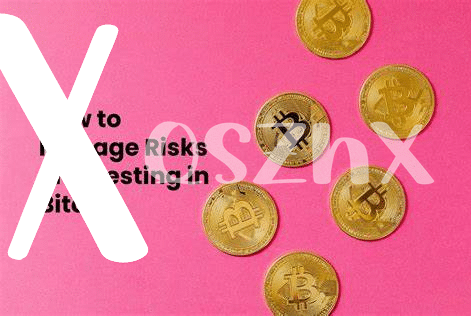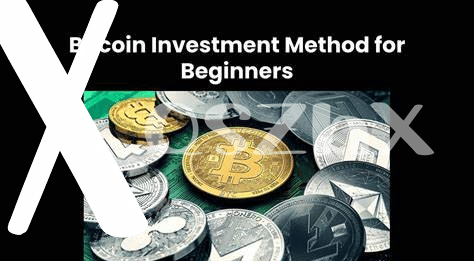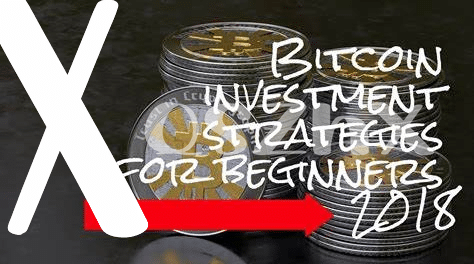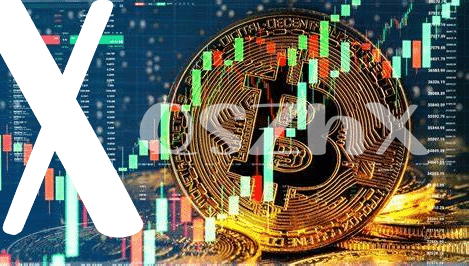🛡️ Understanding the Basics of a Digital Wallet

Imagine your digital wallet as a virtual keychain that holds the keys to your digital assets, like Bitcoin. Just like you wouldn’t leave your physical wallet lying around for anyone to grab, it’s crucial to safeguard your digital wallet. This wallet isn’t just a place to store your digital currency; it’s also a way to manage and exchange it. The best part? You’re in total control. However, with great power comes great responsibility. You need to ensure the safety of your wallet from potential hackers looking to swipe your digital coins. Here’s a simple breakdown of what a digital wallet typically contains and why it matters:
| Feature | Description |
|---|---|
| Public Key | Think of this as your account number. You can share it with others to receive funds. |
| Private Key | This is essentially your password. Keep it secret and safe because it allows you to send money. |
| Wallet Address | A unique identifier for your wallet, sort of like an email address that people can send currency to. |
By understanding these components, you’re already taking the first step in protecting your digital treasure chest. Remember, the goal is to keep your digital wealth secure while making the most of what cryptocurrencies offer.
🔐 the Importance of Strong, Unique Passwords
Imagine your digital wallet as a treasure chest in the vast ocean of the internet. Now, to keep marauders at bay, you’d want a lock that only you can open, right? That’s where strong, unique passwords come into play. Think of your password as a magical incantation – the more complex and unique it is, the harder it is for pirates (or hackers, in our case) to crack it open. This means avoiding anything easily guessed like “password123” or your birthday. Instead, mix it up with letters, numbers, and symbols to create a stronger barrier. Remember, reusing passwords is like giving a skeleton key to your treasures to every rogue out there; if one site gets breached, all your accounts become vulnerable. So, keep each password distinct and treasure them like the keys to your digital kingdom. In the realm of Bitcoin investing, securing your digital wallet with a robust password is not just wise – it’s essential. Also, staying informed is key to defending your digital assets, so do take a moment to check out the latest on Bitcoin regulations and how solar energy’s role in cryptocurrency mining is evolving to keep your investments not only secure but also savvy.
🎣 Recognizing and Avoiding Phishing Attacks

Imagine getting an email that looks like it’s from your digital wallet provider, asking you to click on a link to keep your account secure. Before you know it, you’ve entered your login details on a website that’s a near-perfect copy of the real thing. But something’s off. Suddenly, you realize your Bitcoin might be in danger. This is a classic phishing attack, where bad guys try to lure you into giving away your precious info by pretending to be someone you trust. It’s like fishing, where they dangle the bait, hoping you’ll bite. The key to staying safe is to be a smart fish. Always double-check the sender’s email address, and if something feels off, it probably is. Never click on links or download attachments from suspicious emails. And remember, your real digital wallet provider will never ask for your password or personal details via email.
Now, keeping an eye out for these tricks can be a game-changer. Think of it as developing a sixth sense for spotting fakes. If an email or message has weird spellings or too-good-to-be-true offers, it’s likely a trap. For peace of mind, directly visit your wallet provider’s website by typing the URL yourself instead of clicking on links in emails. And for an extra layer of safety, consider using trusted security software that can sniff out phishing attempts. By being cautious and questioning, you not only protect your Bitcoin but also become a tough nut for cybercriminals to crack. Remember, in the digital sea, staying vigilant is your best defense.
🔄 the Role of Regular Software Updates

Imagine keeping your digital treasure chest safe with a lock that only gets stronger with time. That’s what staying on top of software updates does for your digital wallet. Think of these updates as a magic shield that gets new powers to fend off the latest tricks from cyber-thieves 🦹♂️. Just like a game, where developers regularly patch vulnerabilities to keep the gameplay fair and fun, wallet developers also release updates to protect your digital coins from being stolen. Ignoring these updates is like leaving your treasure chest unlocked, making it an easy target for pirates lurking online 🏴☠️. Besides, with each update, you might get new features that make managing your treasures easier and more secure. To stay informed and make the most out of your bitcoin investment, consider visiting bitcoin regulation updates for beginners. It’s a simple yet powerful way to ensure your digital wallet remains impenetrable, keeping your digital gold safe 🛡️.
🤝 Why Two-factor Authentication Is Your Friend
Imagine you have a super-secure door lock, but what if you could add an extra layer, like a guard dog that barks if someone unknown comes close? That’s essentially what two-factor authentication (2FA) does for your digital wallet. It’s an extra step to check it’s really you trying to access your money. Think of it as a buddy system for your wallet; first, you use your key (password), and then you confirm it’s indeed you by using something only you have, like a code sent to your phone. This makes it super tough for bad guys to break in, even if they somehow get your password.
| 🔑 Password Alone | 🔑➕📱 2FA Enabled |
| Like having a good lock. | Like having a lock *and* a guard dog. |
It’s a bit like adding an alarm to your house. Even if someone manages to get past your lock, the alarm will likely scare them off or catch them in the act. In the digital world, even if someone steals your password, 2FA makes sure they can’t just waltz into your account. It’s an easy step to set up but adds a powerful barrier. Most services offer 2FA, and turning it on is like telling hackers, “Good luck trying to get through that!” So, why not give your digital wallet that extra shield?
🔄 Backing up Your Wallet: the Ultimate Safety Net

Imagine having a safety net tightly woven below you as you walk on a high wire; that’s exactly what making a backup of your digital wallet does for you. It’s akin to having a secret key copy; if you ever lose access to your wallet, this backup helps you regain control and ensures your bitcoins are safe. Think of it like keeping a spare house key. Just as you wouldn’t keep that spare key under your front doormat, where anyone could find it, your wallet backup needs to be stored securely. It could mean keeping it on a USB drive in a bank safety deposit box or using a secured cloud storage service – away from prying eyes but accessible when you need it.
Moreover, this aspect of Bitcoin safety happily marries the concept of security with ease of access. For those looking to explore more about Bitcoin and how it intersects with broader issues like renewable energy, this link offers insights into bitcoin in emerging markets for beginners, presenting a panoramic view of Bitcoin’s role in fostering sustainable practices globally. Remember, backing up your digital wallet does not just protect your investment; it gives you peace of mind. The simplicity of securing what matters to you financially, paired with the understanding of Bitcoin’s global impact, forms a solid foundation for anyone entering this exciting digital frontier.
